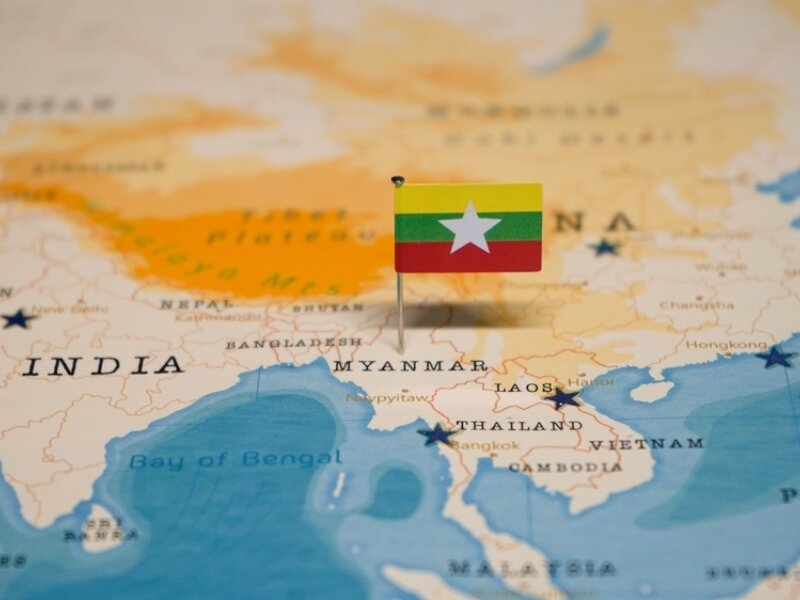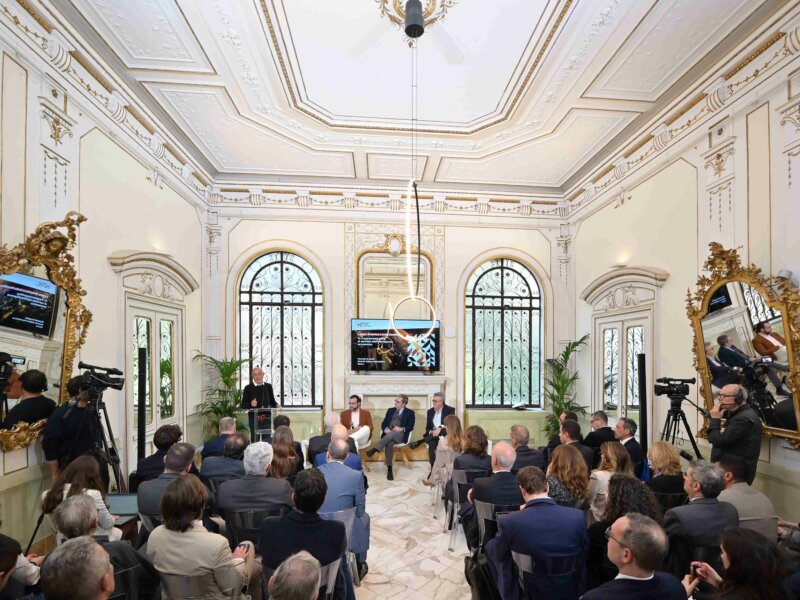"Middle East. One Year Later." The event by Med-Or Foundation
On Wednesday, October 9, Med-Or hosted in Rome a meeting between Ebtesam Al-Ketbi and David Meidan on the future of the Middle East, one year after the attacks of October 7.

On Wednesday, October 9, at the Med-Or Foundation headquarters in Rome, took place the event titled “Middle East. One Year Later”. This was the first meeting held in Italy – possibly not just in Italy – between a representative from a major Arab country and an Israeli, aimed at discussing the future of the Middle East one year after the Hamas attacks of October 7, 2023. The event, moderated by Monica Maggioni, featured the participation of Ebtesam Al-Ketbi, founder and president of the Emirates Policy Center of the United Arab Emirates, and David Meidan, a former high-ranking official of Israeli intelligence.
Ebtesam Al-Ketbi is one of the most prominent figures in the field of international politics in the Gulf region. In 2013, she founded the Emirates Policy Center (EPC), one of the most influential think tanks in the UAE and the entire Gulf region, where she also serves as president. Under her leadership, the EPC engages in the analysis of geopolitical, economic, and security dynamics, with a particular focus on the MENA region, while also promoting dialogue between high-level experts, policymakers, and academics to address the strategic and geopolitical challenges facing the Middle East.
David Meidan, on the other hand, is a notable figure in Israeli intelligence and diplomacy, renowned for his role as one of the main negotiators in sensitive mediation and hostage-release operations. Having joined Mossad in the 1970s, he was appointed by Benjamin Netanyahu in 2011 to lead the negotiations for the release of Gilad Shalit, an Israeli soldier captured by Hamas in 2006 and held in Gaza for five years.
Given the international stature of the two speakers, their deep knowledge of the current political and security context of the Middle East, as well as the importance of their respective countries of origin, the event promoted by Med-Or represented a significant and insightful opportunity for dialogue. It allowed for a critical examination of the current crisis in the region from diverse perspectives and explored possible developments for the whole Mediterranean theater.



